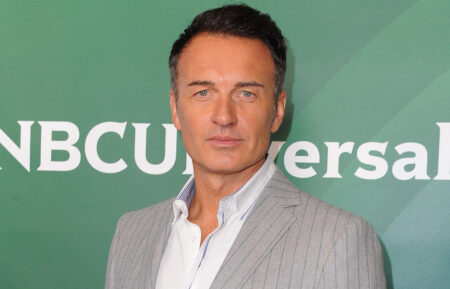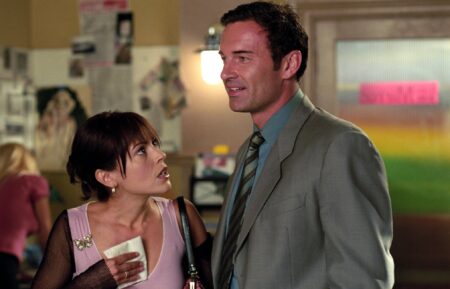‘Tidying Up’ Star Marie Kondo Sparks Joy and Controversy
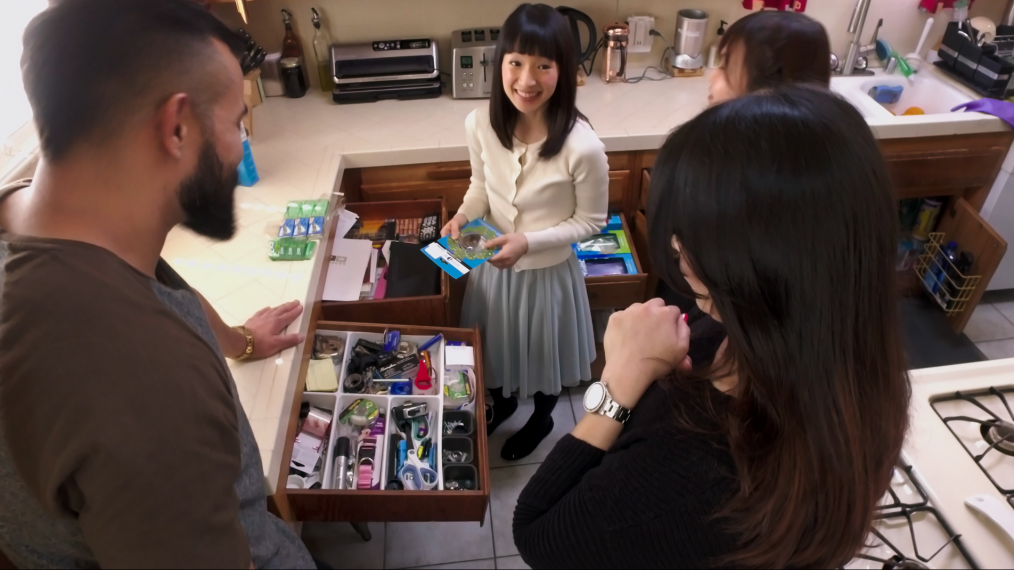
For a show about cleanliness, Tidying Up is sure stirring up a messy debate: There’s backlash to the Netflix series and now backlash to the backlash. And all this controversy is pointing out some pervasive social issues.
In case you’re not familiar with organization expert Marie Kondo and her KonMari method, the basics are these: You sort all your belongings into categories and then keep only the belongings that “spark joy.” After thanking the rejects for their service, you throw them out.
The backlash to this method predates the Netflix show and even the Mindy Project Season 4 episode in which new Konvert Mindy says she “threw out all [her] vegetables and the electric bill.”
Take this 2015 headline from The Cut’s Maureen O’Connor: “De-Cluttering Is the New Juice Cleanse (and Equally Annoying).” O’Connor, who mentions research showing clutter can actually spark creativity, says one’s level of messiness should be a matter of taste. “Yes, I bought The Life-Changing Magic of Tidying Up,” she writes, referring to Kondo’s 2011 book. “It did not spark joy in me. Now I will discard it. Thank you.”
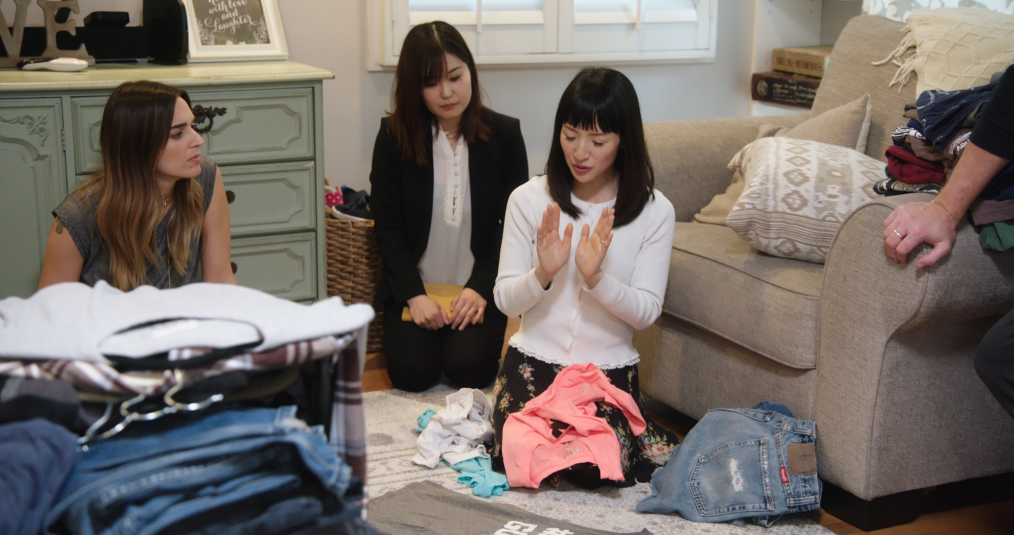
Jezebel‘s Tracy Moore riled against O’Connor’s take and other Marie Kondo criticism at the time, arguing that the KonMari rituals are meaningful: “You buy things for a reason, and if you took the time to figure out why you buy what you buy, and why you think you need it, and why you form such an attachment to it, even when it serves virtually no purpose and brings you no pleasure, you would quite possibly have a deeper understanding of yourself, your choices, and your existence that probably would affect the way you make choices — all manner of choices — going forward.”
Then came a 2016 New York Times op-ed in which Center for Community Change writing fellow Stephanie Land observed that the kind of minimalism Kondo preaches is a luxury many can’t afford. “Those aren’t wealthy people who have a house full of expensive items they don’t need,” she reasoned. “Those are people teetering on or even below the poverty level, desperate for comfort in their homes. To point to them as a reason to start an anti-consumerism movement is just another form of social shaming. Those aren’t the people who would benefit from a minimalist life. They can’t afford to do with less.”
These days, now that Kondo has taken her decluttering strategies from the printed page to the small screen, the debate rages on. Earlier this month, Irish-Canadian novelist Anakana Schofield went viral with a tweet disputing Kondo’s practice of only keeping 30 books. “Do NOT listen to Marie Kondo or Konmari in relation to books,” she tweeted. “Fill your apartment & world with them. I don’t give a shite if you throw out your knickers and Tupperware but the woman is very misguided about BOOKS. Every human needs a [very] extensive library not clean, boring shelves.”
But as others have noted, Kondo wasn’t dictating that everyone should maintain a library of 30 or fewer books. In fact, she even told Refinery29 that it’s “no problem at all” if people find joy in a vast collection of books or anything else that could be construed as clutter.
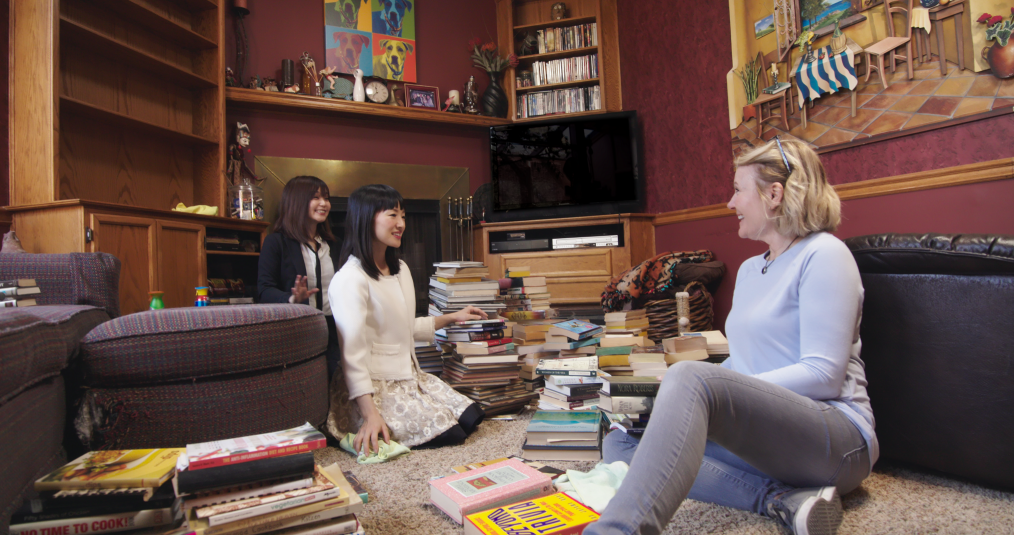
Meanwhile, author and We Need Diverse Books co-founder Ellen Oh contends the book debate shows a lot of Kondo-haters’ blind spots. “Classism, elitism, the privilege of having a big house with a lot of storage? I don’t know what the rationale is for the backlash but I do know that it comes from a place of privilege,” Oh tells Bustle. “Elitism in that if you don’t have lots of books you can’t possibly be very smart. And financial classism because I remember being young and poor and owning less than ten books. It was why the library was my sanctuary.”
Suffice it to say, people have a lot of feelings about their possessions. Kondo’s approach doesn’t work for everyone and shouldn’t apply to everyone. Minimalism can show privilege, as can maximalism. But for those who can and want to declutter, Kondo presents a possible way forward. For the rest of us, her show isn’t a bad way to spend a Netflix binge-watch.
the marie kondo hate does not spark joy and therefore im throwing it away
— twenty noodle-teen (@ejnoodles) January 14, 2019
Tidying Up with Marie Kondo, Streaming Now, Netflix






